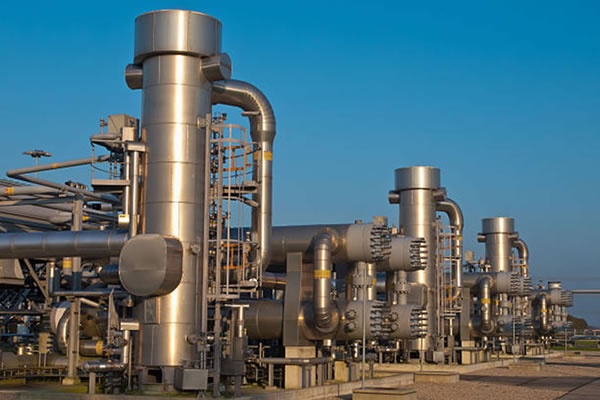
Course Overview
This 5-day course provides participants with a comprehensive understanding of gas processing and conditioning techniques used in the natural gas industry. Participants will explore commercial specifications for natural gas, the need for gas field processing, and various processes for gas dehydration, sweetening, NGL recovery, and fractionation. The course will also include hands-on simulation exercises using industry-standard software such as HYSYS™ to simulate gas processing operations, including sweetening, dehydration, NGL recovery, and compression. Additionally, participants will gain insights into the fundamentals of liquefied natural gas (LNG).
Participants
Gas processing engineers
Chemical engineers
Process engineers
Production engineers
Prerequisites
Basic understanding of natural gas properties and processing operations
Familiarity with HYSYS™ simulation software is advantageous but not required
Learning Assessment
Continuous assessments all-along the program.
Final assessment including a presentation in front of a jury
Program
Day 1: Introduction to Gas Processing
Overview of commercial specifications for natural gas
Importance of gas field processing
Understanding gas hydrates and moisture content in natural gas
Day 2: Gas Dehydration Process
Principles of gas dehydration
Overview of TEG units and molecular sieves
Application: sizing of a TEG column
Day 3: Gas Sweetening Techniques
Overview of sweetening methods including amines and membranes
Simulation exercise: associated gas and gas condensate sweetening using HYSYS™
Day 4: NGL Recovery and Fractionation
Introduction to NGL recovery processes
Fractionation of NGL components
Simulation exercise: NGL recovery and compression using HYSYS™
Day 5: Fundamentals of Liquefied Natural Gas (LNG) Chain
Overview of LNG production, transportation, and regasification
Challenges and opportunities in the LNG industry
Review of key concepts and discussion of real-world applications
